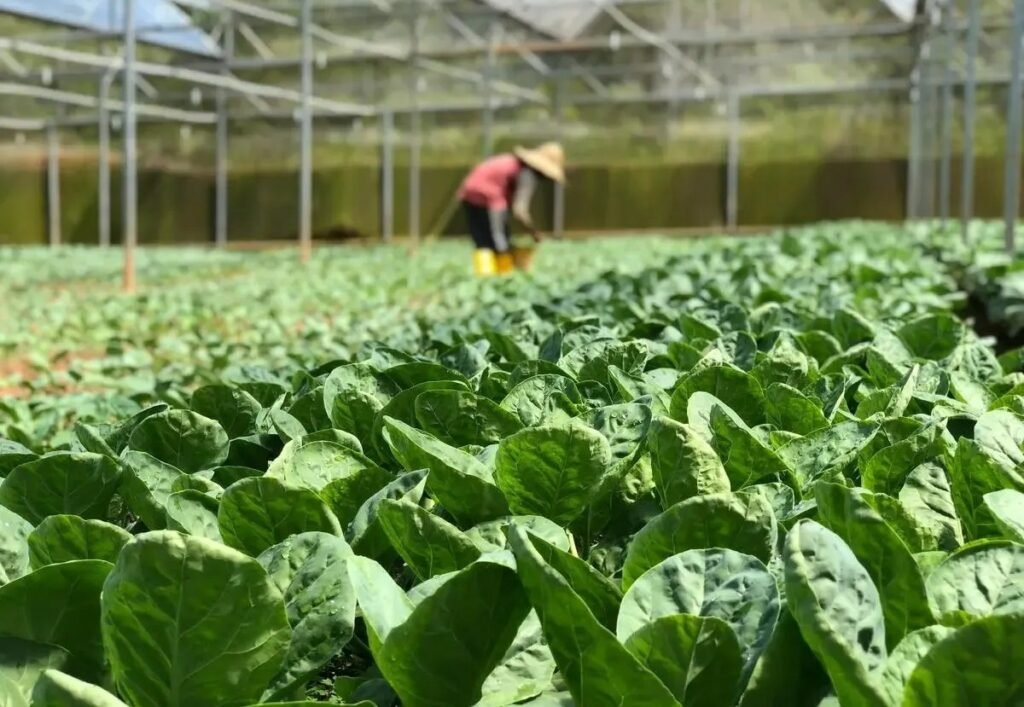
According to the government, nine Clean Plant Centers would be built nationwide as part of the recently sanctioned Rs 1,765.67 million Clean Plant Programme (CPP). According to an official statement, the program’s goal is to increase India’s horticultural industry by supplying planting material free of viruses. The Asian Development Bank loan of $98 million funds the project, which focuses on important fruit products such pomegranates, oranges, and grapes. At a cost of Rs 300 crore, three of the nine clean plant centers would be established in Maharashtra: one for pomegranates in Solapur, one for oranges in Nagpur, and one for grapes in Pune.
The program will provide medium-sized nurseries with up to Rs 1.5 crore in support and large nurseries with up to Rs 3 crore apiece, resulting in an annual production of 8 crore disease-free seedlings. According to the statement, capacity building is facilitated and technical advancement is monitored by the Indian Council of Agricultural Research. While 535 apple samples from Jammu and Kashmir, Himachal Pradesh, Uttarakhand, and Punjab are still undergoing testing and hazard analysis is underway, 578 grapevine samples from seven states have already undergone testing.
According to the release, the official CPP website has been launched as a central repository for information, updates, and ideas aimed at revolutionizing horticulture in India. Additionally, under CPP, a national-level laboratory for study on original plant species is to be established in Pune. Teams from ICAR, NHB, and ADB investigated nursery ecosystems, design, operations, and cost structures between January and March. The group then improved computational and diagnostic capabilities and carried out lab evaluations.
